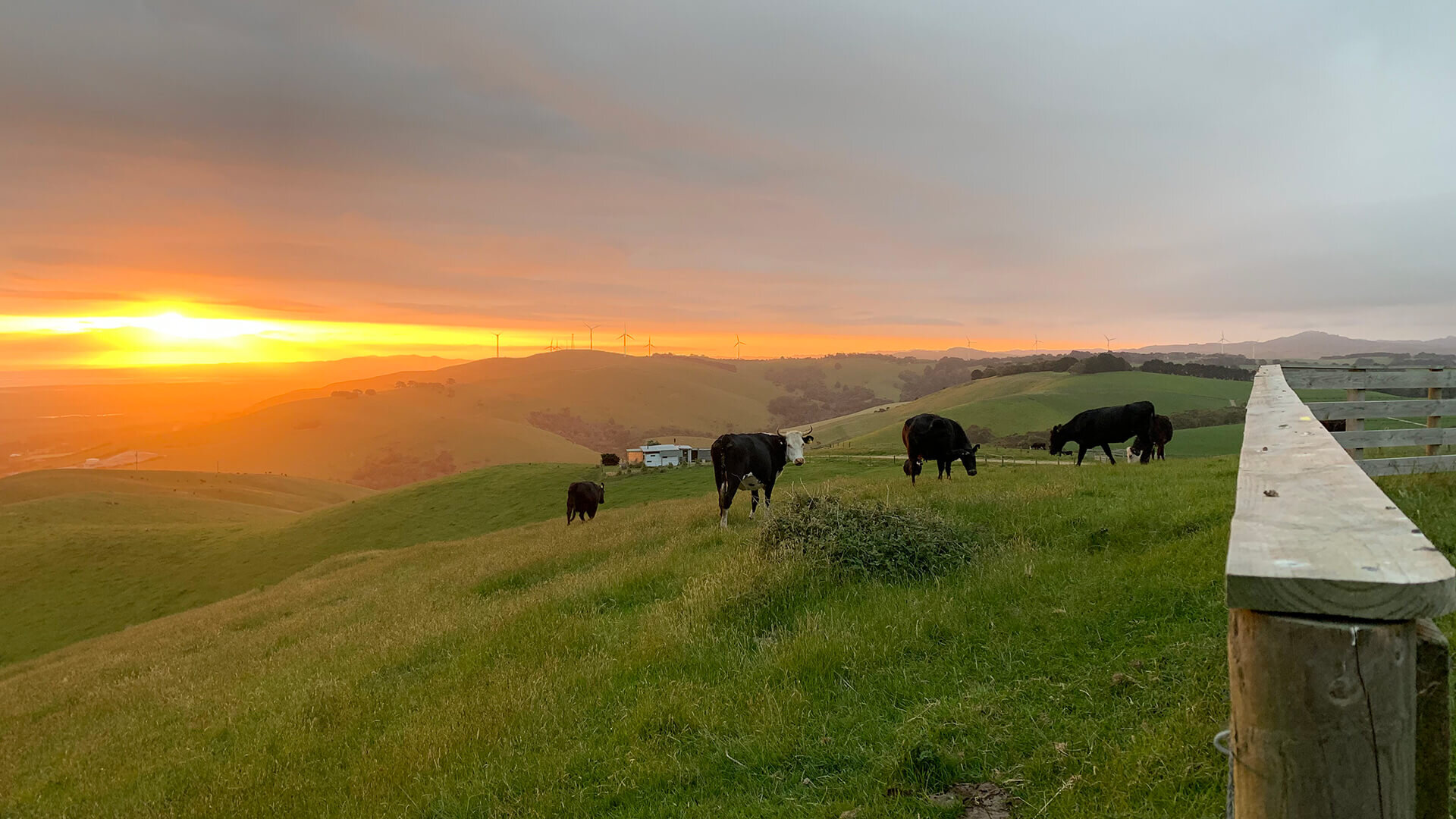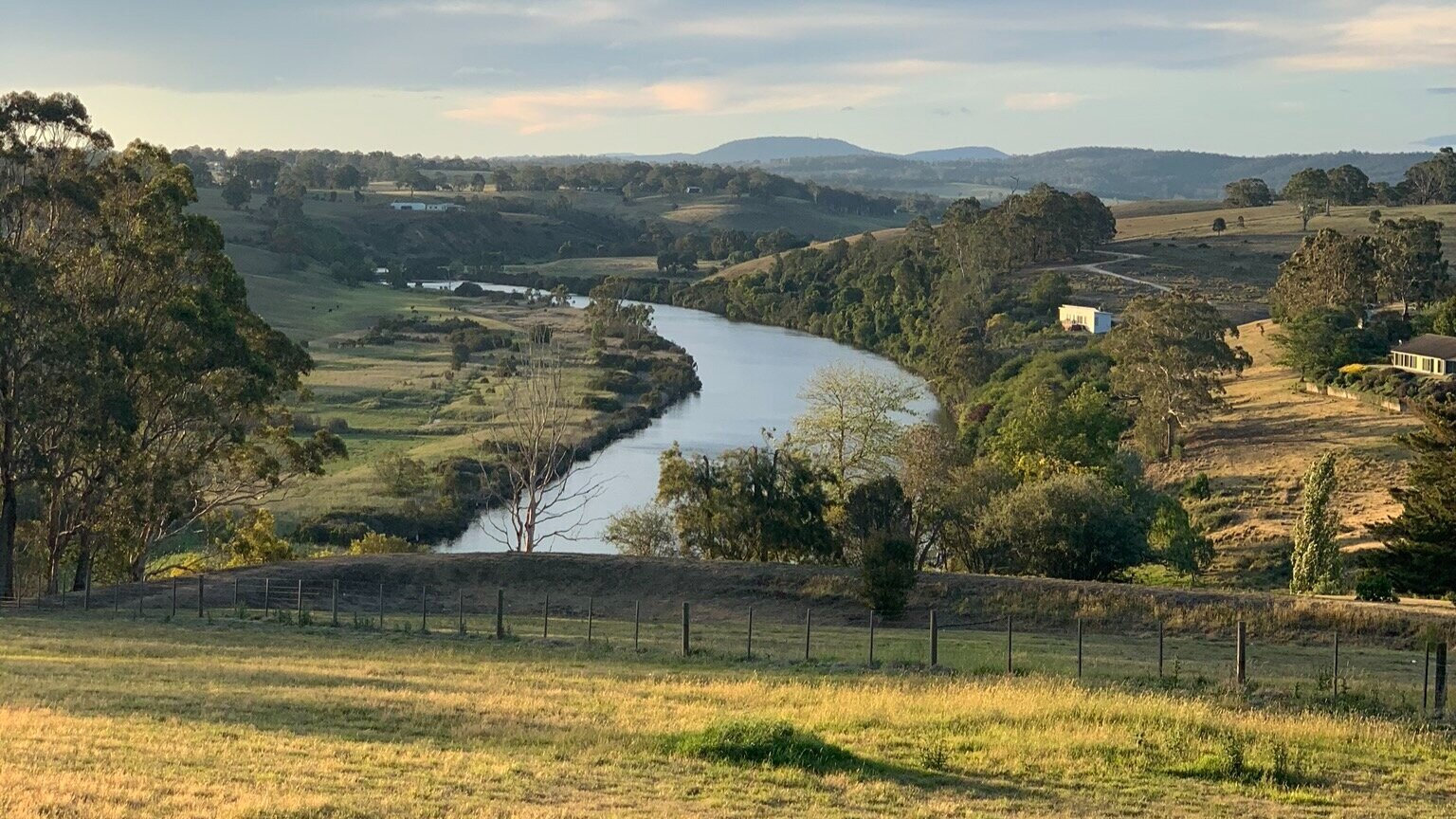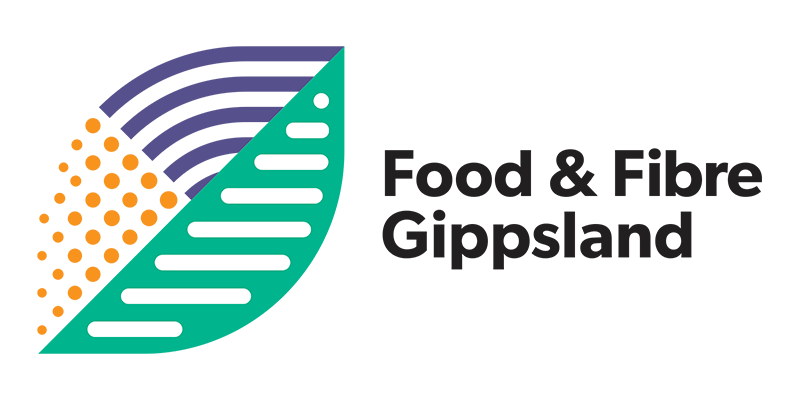
We are connecting and growing Gippsland’s $7 billion food and fibre sector
About FFG
Food & Fibre Gippsland is a not-for-profit organisation.
We connect and grow Gippsland’s $7 billion food and fibre sector.
Powered by collaboration, we work with industry and stakeholders to create opportunities for a prosperous and sustainable sector.
Our mission is to lead capacity building, innovation, and knowledge sharing for the greater good of the sector across the whole of Gippsland.
Our members, industry partners and stakeholders are at the core of everything we do – their success and prosperity is what drives us every day.
We are industry-led. We are listening and engaging.
We strive to understand and respond to the challenges and ideas across the region.
Why us?
Easy to work with, we’re a friendly bunch. We love our members and the industries they come from, you could say we are passionate about them, supporting them wherever and however we can.
We love helping members. In our small team, there are many years of experience across multiple disciplines. With our project managers spread right across Gippsland, along with our CEO and marketing and communications manager regularly travelling within the region, we’re always looking for - and sharing - opportunities for businesses to collaborate.
Whether it’s working together, finding new opportunities for innovation, or being a participant in a project, we love joining the dots to help businesses of all sizes thrive!
What our members have to say…
“Our business benefits in so many ways being a member of Food & Fibre Gippsland – it’s a great way to be able to network with other businesses, connect with industry experts, get help with identifying and applying for grants, and get involved in projects that can help your business grow.
The effort you put into connecting with the small but dynamic team at FFG delivers great return – membership is a very small investment for what you can learn and get access to.”
— Shelly Walker, Marketing Director South Gippsland Dairy
(far left of photo)

Where is Gippsland?
About Gippsland
At 1,742m above sea level, Mount Howitt is the tallest mountain in Gippsland and is situated at the northern tip of the Wellington Shire.
Photo: Visit Victoria
Wilsons Promontory, the most southerly point of mainland Australia, is one of the country's largest and most popular national parks.
The traditional owners in Gippsland are Indigenous Australians of the Gunai nation and in parts of West Gippsland the Bunurong nation.
Photo: Pengo / Old growth near Errinundra National Park.
Gippsland covers a geographic footprint of 41,556 km², which is about 60% of the land size of Tasmania - or roughly the same size as the Netherlands.
Representing 18.27% of the state of Victoria, Gippsland stretches from Melbourne's eastern outskirts all the way to the state border with New South Wales in Victoria's far east.
Gippsland is famous for its pristine agricultural land close to key transport hubs, world-class innovation centres, and regional universities.
Twenty-eight percent of the land is used for agricultural purposes.
It’s a diverse region with landscapes that range from farmland to mountains, to lakes and beaches, with much of Australia’s premium quality produce coming from various pockets of this vast part of Victoria that 274,600* people call home.
Whether it’s beef, lamb, dairy, cheese, wine, honey, smallgoods, artisan small-batch products, flowers, fruit or vegetables, along with beautiful wool, hemp and mohair products – the food and fibre sector, which also includes manufacturers and food processors proudly using local ingredients in their ranges, is a $7 billion industry.
Gippslanders are known to be a loyal, down-to-earth bunch who are passionate about where they live, and the food and fibre products that come from their much-loved part of the world.
*KPMG, Accelerating growth for the Gippsland food and fibre industry, March 2019




